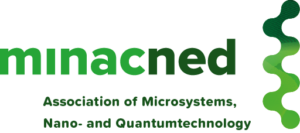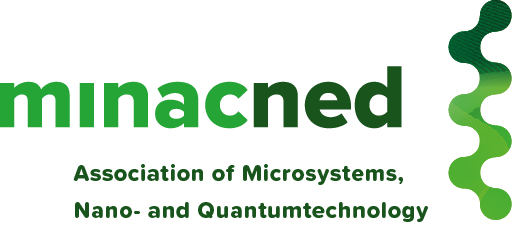A consortium of companies from Twente can count on one million Euro funding from the European Union and the province of Overijssel to develop a rapid test to detect viruses such as corona.
D’Andrea and Evers Desgin from Enter, Holland Innovative and Micronit Microtechnologies from Enschede, Elect High-Tech Electronics from Weerselo and NYtor from Nijmegen will receive a subsidy of over 1.1 million euros from the EU and the provinces of Gelderland and Overijssel. The total costs amount to almost 2.8 million euros.
The companies are developing a “lab-on-a-chip detection platform” in the so-called VIRAPOC project. With modern technologies such as nanotechnology, life sciences, semiconductor and photonics, a virus can be quickly recognized. The method can be used in major virus outbreaks such as the current corona pandemic.
Prevent home quarantine
Rapid detection of a virus is very important to prevent further spread. It is also important to be able to track down people who carry the virus, but who show little or no symptoms of disease. A quick test can also prevent unnecessary and lengthy isolation or home quarantine.
This reduces the impact of local virus outbreaks for both the economy and the individual. “The project makes an important contribution to combating the consequences of major virus outbreaks and limiting the social and economic effects,” said Eddy van Hijum, Provincial Executive of the Overijssel province.
Direct reuse of wastewater
Another Overijssels project is also financially supported with 1.1 million euros. It concerns the NANOX project, which may eventually be a solution to the drinking water issue in Overijssel. It focuses on the direct reuse of (treated) wastewater as drinking water, or an equivalent application, so that no or much less groundwater needs to be used.
The innovation of this project lies in the combination of the “Hollow fiber nanofiltration” and “Advanced UV” technology. The combination of these techniques, developed by the partners themselves, leads to a greatly improved and sustainable water treatment process for wastewater from sewage treatment plants, or polluted surface water. The companies working on this are: NX Filtration (Enschede), Jotem Water Treatment (Vriezenveen), Van Remmen UV (Wijhe), Demcon (Optiqua) (Enschede) and Saxion (Enschede).
In addition to the Overijssel projects, two Gelderland projects have also been awarded funding in the field of innovative potato cultivation and electric ground drilling machines.
Source: Tubantia, news

